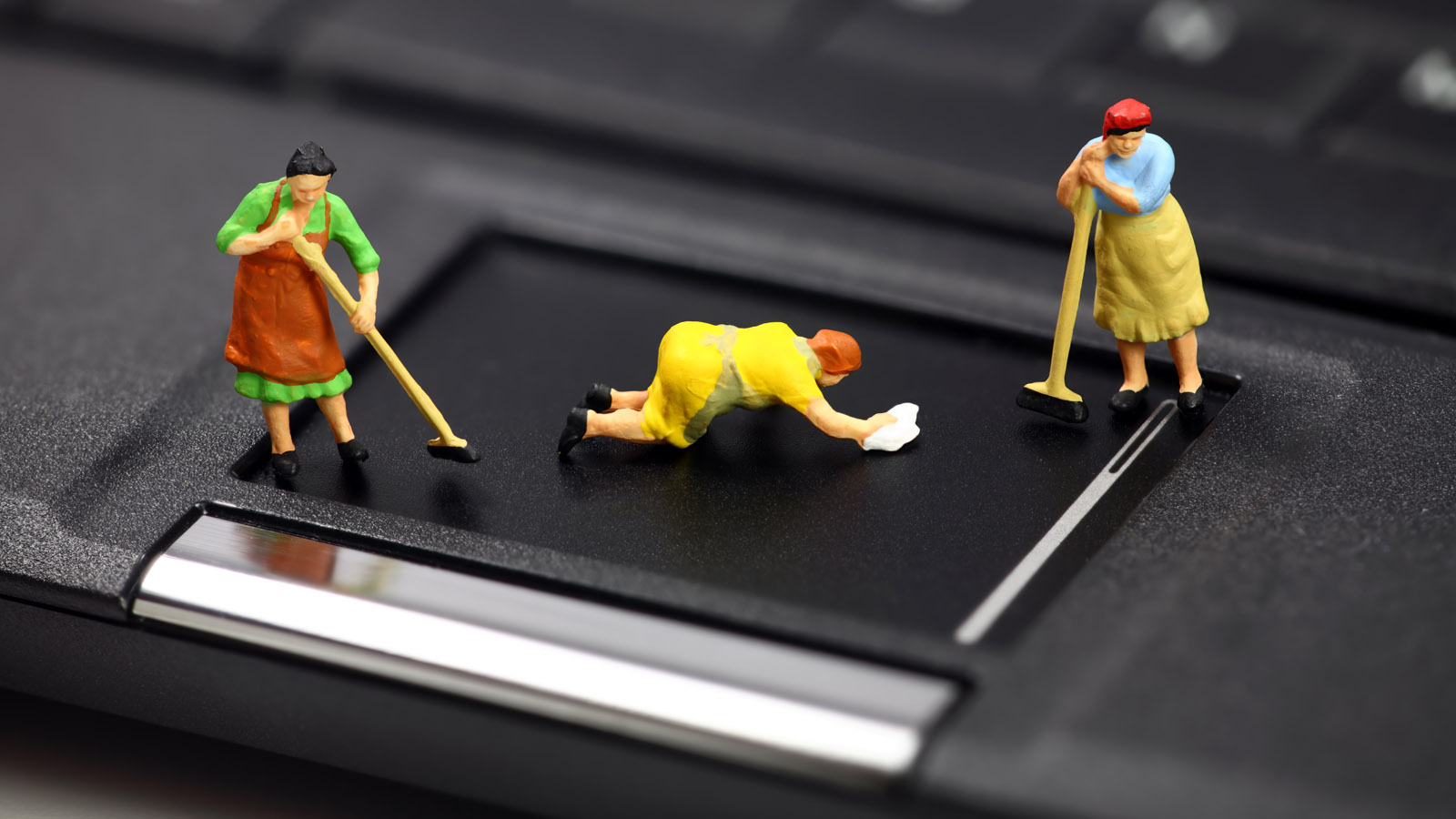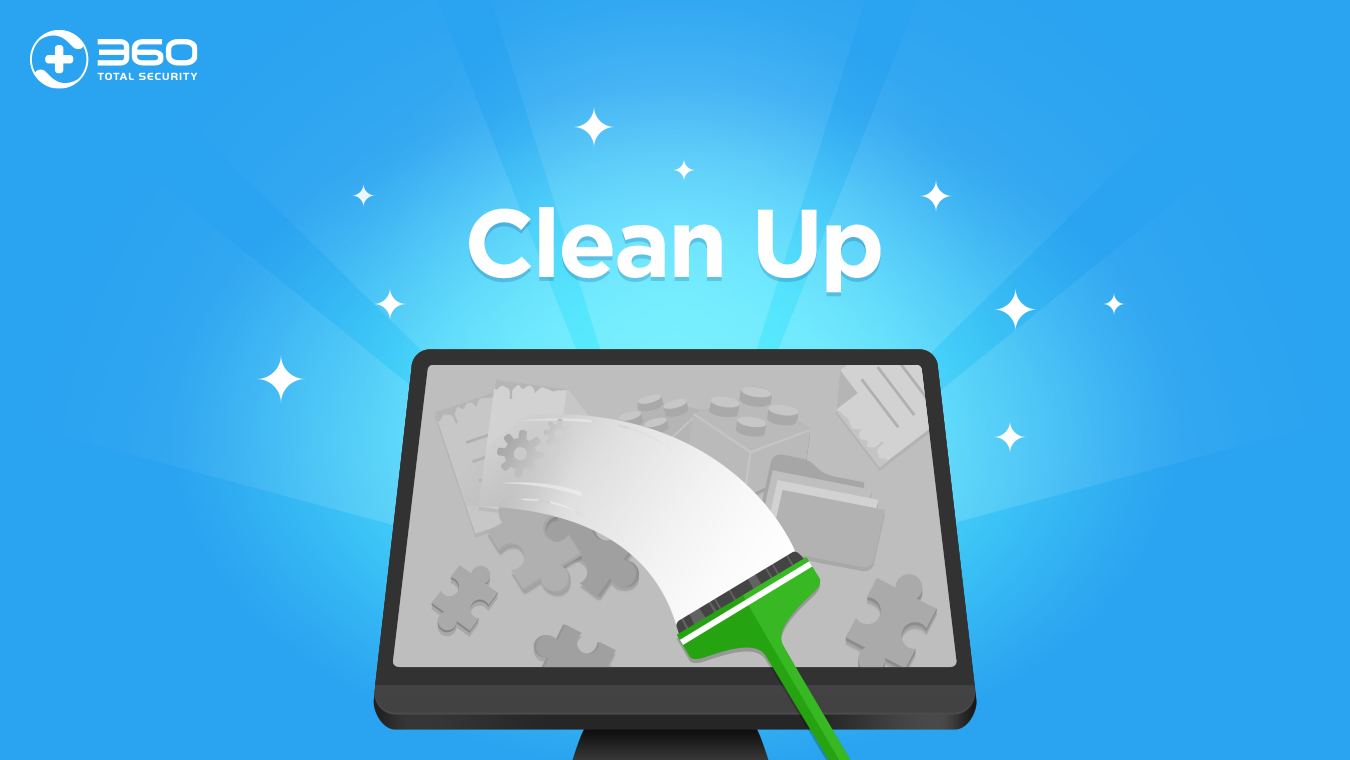


On Windows it’s simply a question of clicking on the app in question, then choosing Uninstall. Anything you haven’t used for a month or so, it might be time to say goodbye to. Open up the Apps screen from Settings in Windows, or the Applications folder in Finder on macOS, to see everything that’s currently installed on your computer.

Uninstalling programs you’re no longer using can free up a chunk of hard disk space too. Both are comprehensive and simple to use, and will at least show you how many duplicates you’ve got before you need to pay anything. Over on macOS, we can recommend Duplicate File Finder (free to try, $10 for extra features like duplicate folder removal and premium support), and Gemini (free to try, $20 to clean up more than 500MB of data). AllDup is another freeware tool for Windows that will do a thorough job of finding, listing, and then removing duplicate files from your hard drive.

The most efficient way of doing this is to enlist the help of a third-party tool, which are smart enough to identify files that are the same even if the locations and file names differ.ĭupeGuru can clear out duplicates from Windows and macOS.ĭupeGuru isn’t the most advanced or polished duplicate file finder, but it is completely free to use, and it is available for Windows and macOS. With your deleted files then well and truly deleted, you can move on to duplicates-copies of files you might not even realize you’ve accumulated. On Windows, right-click on the Recycle Bin icon on the desktop, then choose Empty Recycle Bin if you’re on a Mac, click and hold on the Trash icon on the dock, then choose Empty Trash. The first place to start when it comes to getting rid of it is the Recycle Bin (on Windows) or the Trash (on macOS). You’d be surprised at how much digital clutter builds up on a hard drive. With so many backup options now available, you’ve no excuse for putting it off. Here we’ll take you through a few tips for clearing out the junk data that’s built up on your hard drive, before explaining a process that’s even more important: Backing up your valuable files so you have copies in place, should the worst happen. It’s unfortunate that the sweet, smooth feeling of a brand new computer doesn’t last for long-applications, files and other digital clutter can clog up a new desktop or laptop all too quickly, which means you can very soon find yourself with a lot less in the way of free hard drive space than you had to begin with. Welcome to Product Support, a column devoted to helping you get the most out of the gadgets and software you already use.


 0 kommentar(er)
0 kommentar(er)
